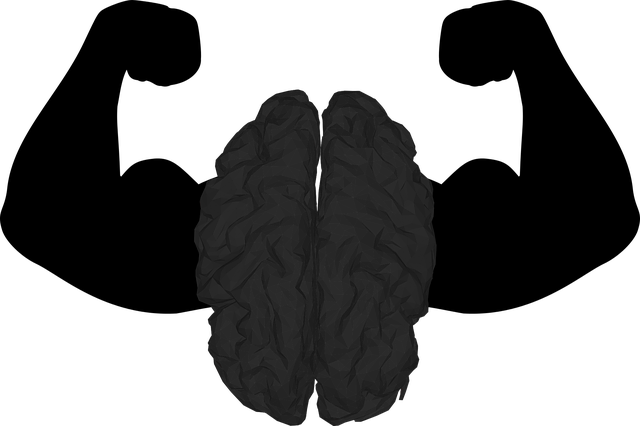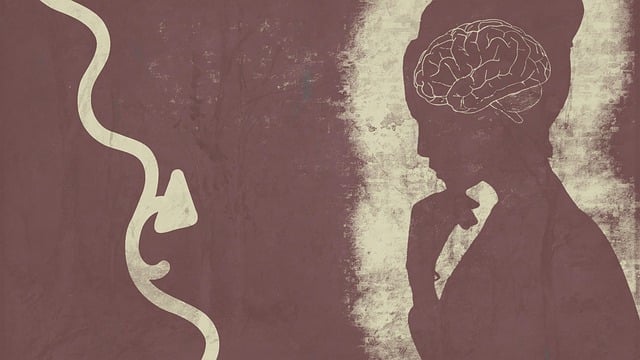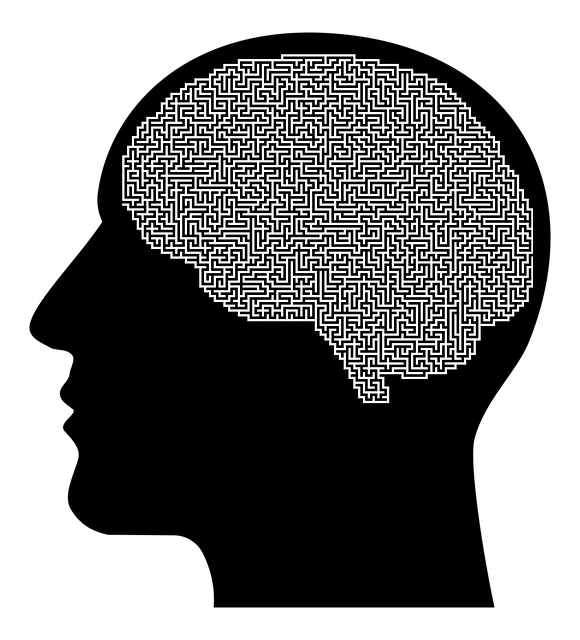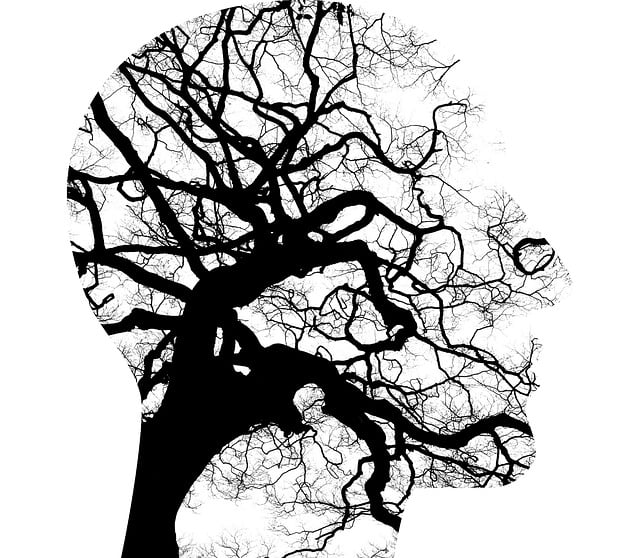Positive thinking exercises tailored for seniors, especially those with psychosis, have proven effective as a complementary therapy. These techniques, integrated into daily routines through awareness campaigns and community outreach, reduce stigma and foster emotional well-being. Mindfulness practices like meditation and breathing exercises improve focus and anxiety in older adults, while mental wellness coaching encourages social connections. Implementing these strategies in care settings significantly enhances quality of life for elders, promoting emotional intelligence and inner strength to navigate aging challenges with hope. Effective implementation requires dedicated effort from care providers and residents, with risk management planning to tailor exercises to individual needs.
Positive thinking exercises offer a promising approach to enhancing the mental well-being of elderly individuals, especially those dealing with psychosis. This article explores the transformative power of positive thinking and its potential as a therapy for elders’ psychosis. We guide you through understanding this concept, designing tailored exercises, and integrating these practices into care settings to create a nurturing environment that promotes resilience and improves quality of life.
- Understanding Positive Thinking and its Impact on Elderly Psychosis
- Designing Effective Positive Thinking Exercises for the Elderly
- Integrating and Maintaining a Positive Thinking Routine in Care Settings
Understanding Positive Thinking and its Impact on Elderly Psychosis

Positive thinking exercises have emerged as a powerful tool to combat the challenges faced by the elderly, particularly those dealing with psychosis. This approach is not merely about optimism; it’s a therapeutic technique that focuses on reframing negative thoughts and fostering a more optimistic outlook. By understanding the impact of positive thinking, we can develop effective interventions for this demographic.
For the elderly suffering from psychosis, integrating positive thinking into their daily routines can be transformative. It serves as a form of crisis intervention guidance, helping to mitigate symptoms and improve overall well-being. Public awareness campaigns development centered around mental health awareness can play a pivotal role in promoting these exercises, providing much-needed support and reducing the stigma associated with psychosis. Through such initiatives, we can encourage a culture that embraces positive thinking as a valuable asset in elderly care.
Designing Effective Positive Thinking Exercises for the Elderly

Designing positive thinking exercises for the elderly involves tailored strategies to address their unique needs and challenges. Many older adults struggle with cognitive decline and mental health issues, such as psychosis, making it crucial to incorporate therapeutic activities that promote mental wellness. Customized programs can include simple mindfulness practices, like guided meditation or breathing exercises, which have been shown to reduce anxiety and improve focus in older populations. These exercises can be integrated into daily routines, enhancing overall well-being.
Community outreach programs play a vital role in promoting mental illness stigma reduction efforts among the elderly. Mental wellness coaching programs can be developed specifically for this demographic, offering support and guidance while fostering social connections. Regular group sessions facilitate open discussions, encouraging participants to share their experiences and learn from one another. Such initiatives complement therapy for elders with psychosis, contributing to a holistic approach that prioritizes mental health and overall quality of life.
Integrating and Maintaining a Positive Thinking Routine in Care Settings

In care settings, integrating a positive thinking exercise routine can significantly enhance the quality of life for elderly individuals, especially those managing psychosis. These practices cater to more than just mental well-being; they are therapeutic tools that foster emotional intelligence and inner strength development among residents. By incorporating daily activities focused on gratitude, optimism, and resilience, care staff facilitate a shift in perspective for elders, helping them navigate the challenges of aging and cognitive disorders with renewed hope.
Maintaining these routines requires dedicated effort from both care providers and the residents themselves. Mental health professionals should prioritize risk management planning, ensuring that exercises are tailored to individual needs and implemented safely. Through consistent practice, positive thinking habits can become an integral part of the daily care regimen, fostering a supportive environment that promotes emotional well-being and enhances overall satisfaction for elderly individuals in their care settings.
Positive thinking exercises offer a promising therapy for elders suffering from psychosis, providing a simple yet effective way to improve mental well-being. By integrating these practices into care settings, we can foster a sense of calm and optimism, ultimately enhancing the quality of life for elderly individuals. With consistent implementation and tailored design, positive thinking routines can become a powerful tool in managing psychotic symptoms and promoting resilience among our aging population.














